How to make friends online the right way?

Internet safety and social media communication (caution, long read 😉)
Online friendship is like meeting someone at school near the coffee machine: it all starts with a random comment or shared interest, and then either you connect or you don't. But the internet is not a school corridor. It's important to keep a cool head, even when the chat is buzzing. Let's figure out how to find ‘your people’ and avoid getting into trouble.
Where to find friends who won't be creepy?
Let's start with the basics. The so-called ‘circle of interests’ works best — this is when you look for people in communities that you are really interested in. Memes, anime, poetry, DIY, skateboarding — social networks are literally teeming with themed public pages, Discord servers and chats. There's no shame in being a fan of something — on the contrary, it's your key to new acquaintances.
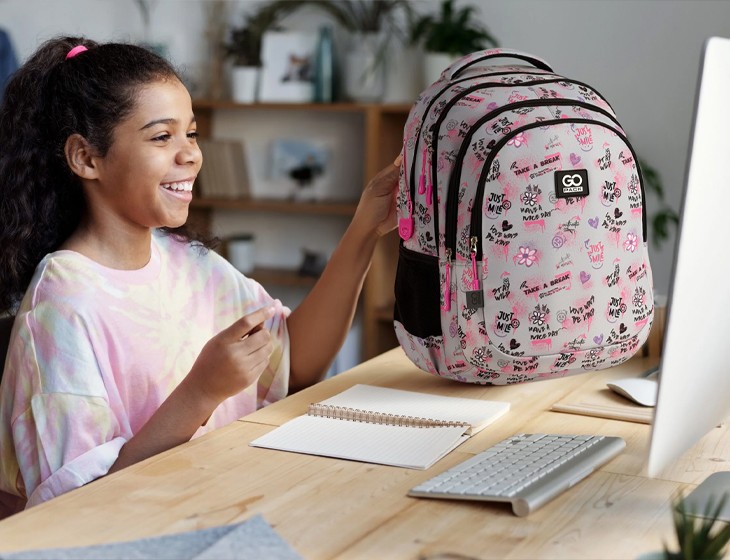
Top platforms for friendship:
- Discord — a place where people live, breathe, and play Genshin Impact.
- Reddit — there is always a ‘tribal leader’ there who shares your interests.
- Instagram and TikTok — commenting, mutual subscriptions, chats — all of this is also a way to meet people.
- Snapchat — for those who like to share moments without long texts.
Instagram and Facebook: friends or traps?
Social networks are an online metropolis or an intrusive anthill: there are cool people, interesting places, but there are also scammers, strangers with strange intentions and a constant desire to ‘show the world’ something.
Instagram: show yourself, but not everything
- Do not publish your geolocation in real time. Especially if you are at home or somewhere unaccompanied.
- Keep an eye on your followers. If someone likes all your photos, constantly writes to you in direct messages and puts hearts on old posts, you should be wary.
- Close your profile. A private account is a step towards security. Only add people you know personally.
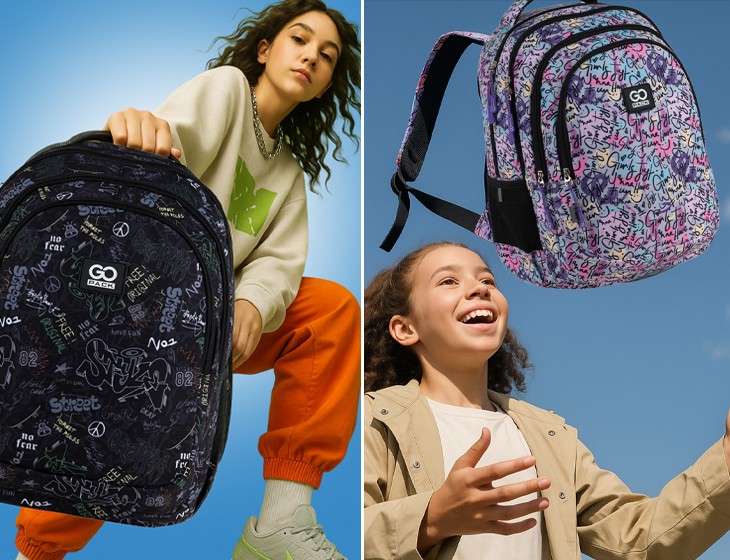
Not everything that glitters on Instagram is gold
- Another trap of social media is the illusion that everything is perfect for others.
- Filters, staged photos, ‘random’ selfies from holidays or perfect breakfasts — in reality, this is only part of the truth. People don't post moments when they are sad, when they argue with their parents, when they don't want to get out of bed.
- This is not real life, these are selected shots. And if you notice that after scrolling through your feed you feel depressed or start to think that something is ‘wrong’ with you — stop.
- There's nothing wrong with you, it's just that social media is a bit like theatre. And there's a lot of unhealthy self-promotion in it.
- It's better to have a few sincere friends in real life than 10,000 followers on Stories who don't even know your real name.
Facebook: lots of adults — but also lots of threats
- Don't post personal information publicly. Your date of birth, hometown, parents' names — all of this can be used to hack your account.
- Limit the audience for your posts. Use the ‘friends only’ option, or better yet, create special lists of who can see what.
- Don't take quizzes like ‘what kind of doughnut are you’ or ‘who will you marry’. These are not just for fun — often such tests collect your data and use it for advertising or even fraud.
Bots, fakes and those who play on your emotions
The world of social media isn't just about funny memes and new friends. There are also those who deliberately pretend, play roles or simply test your limits. These can be bots, fake accounts or even real people who deliberately provoke strong emotions in you — anger, shame, anxiety or excessive trust.
- Bots. These are accounts that are controlled by a programme rather than a person. They often write standard messages (‘Hi, how are you?’, ‘You are so beautiful’, ‘Vote for me here!’) and post links. They are not interested in your life — they need to collect likes, data, or drag you into suspicious activity.
- Fakes. People who pretend to be someone else: for example, a teenage girl, a sportsman, or a blogger. But anyone can hide behind this profile — sometimes even more than one person.
- Manipulators. This is a whole other level. They may start with a friendly conversation, but gradually put you on an emotional roller coaster: praising you, criticising you, disappearing, then coming back with ‘I missed you.’ Their goal is to influence you, make you dependent on communication, or persuade you to do something that makes you uncomfortable.
How to recognise them?
- There are no normal photos in their profile, or they are from other people's pages.
- They have very few followers or only follow public accounts.
- The person becomes ‘very open’ too quickly.
- They write as if they are playing a role: overly ideal, dramatic, or too cute.
- They ask a lot of questions but don't say anything about themselves.
How to respond?
- Don't fall for it. If something makes you uncomfortable, that's a reason to be wary.
- Don't respond to provocations. Are they trying to make you angry? Ignore or block them. It's their game, not your problem.
- Don't give out personal information. Even if your ‘online friend’ seems nice. Your photo, school, address or pet's name may seem like trivial details, but scammers know how to use them.
Red flags, or how not to fall into a trap
Online friends can be wonderful. But here, as in a game, there is a level of difficulty. You need to be able to recognise fakes, toxic people and dangerous connections. Keep a checklist:
- Do not send personal information: your real name, address, phone number, school — these are not for strangers.
- Video calls (but it's best not to turn on your camera until you're sure the person is trustworthy). If a person never wants to show themselves, that's suspicious.
- Photos that are too perfect? Maybe they're not theirs. Check the image using reverse search (Google Images).
- A quick transition to ‘let's meet’ is another trigger. Don't fall for it.
Tip: remain anonymous until you are sure that the person is real and safe. And always tell your parents or someone you trust if you plan to meet in person.
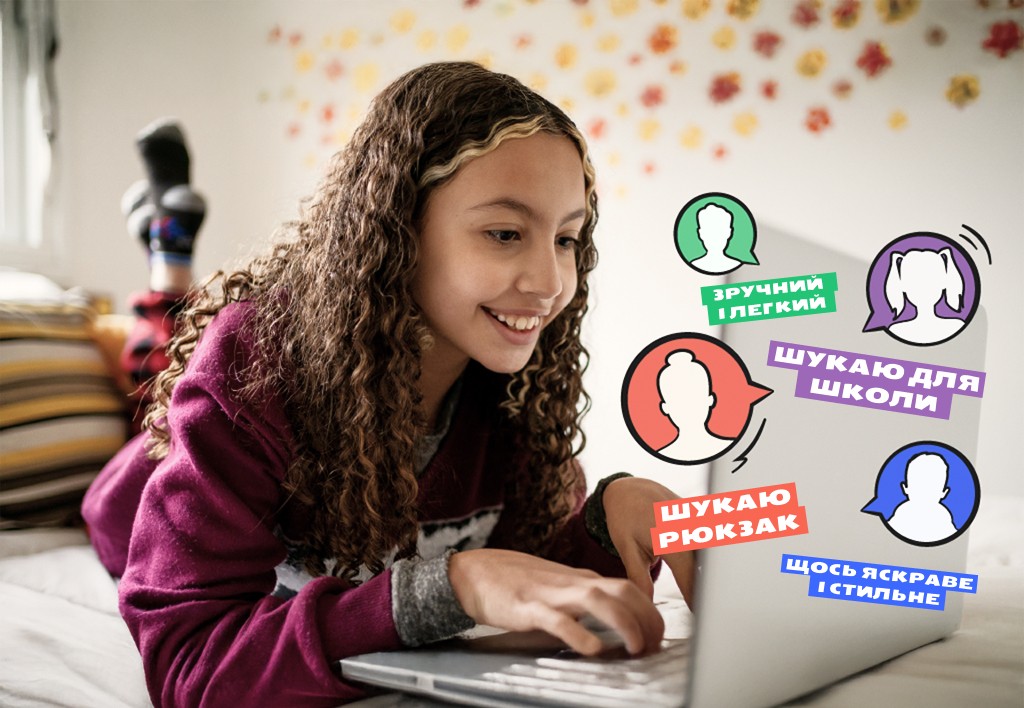
STOP permissions: what to look out for when installing apps
Before installing a ‘cool new app,’ it's best not to automatically click ‘OK’ for all of its permissions. Many apps request access to your camera, microphone, contacts, geolocation, and gallery — even if they don't need it to function. This is a red flag.
- Read what the app is asking for. If a game asks for access to your contacts or SMS, that's strange.
- Don't give access to everything at once. Some permissions can be granted later if they are really needed.
- Delete apps that behave suspiciously. If a bunch of ads appeared after installation or your phone became slow, it's better to get rid of this app.
- Use antivirus software or built-in security settings to check apps.
✔ Don't forget: even the cutest-looking apps can be designed to collect your data or spy on you. It's better to check three times than to regret it later.
✔ Your emotions are your territory. Don't reveal them to the first person you meet on the internet. It's better to direct your energy towards those you really get along with: offline, in a club, at training or just nearby.
✔ Remember: your online safety is your responsibility.
And here's another cool tip: if you already have a new stylish GoPack backpack with a gadget compartment, keep a power bank in it so you can always recharge your phone. Online is part of life, but let it be safe.
How to check out new virtual contacts?
Okay, you've chatted with someone on Discord, and it seems like you're on the same wavelength. What next?
- Google their nickname — this often reveals interesting (or disturbing) information.
- Check out their comments and activity — how does this person behave in other chats or posts?
- Never send revealing photos: anything that ends up on the internet stays there forever.
- Friends don't make you nervous. If you feel a strange tremor after every chat, this is not for you.
Are online friends real?
Yes! Many people find true, supportive friends on the internet. But the key is safe communication. Friendship is when you feel comfortable, when you are accepted and not forced to be someone else.
An online friend can be closer than a classmate who constantly pushes you around. Just remember about boundaries, common sense and — ta-da — digital hygiene.
In a few words:
- Look for friends with similar interests.
- Don't fall for fakes and always check new contacts.
- Keep your personal info private — it's yours alone.
- If something seems weird, trust your gut.
- Online friendships are cool. The main thing is that they're honest and safe.
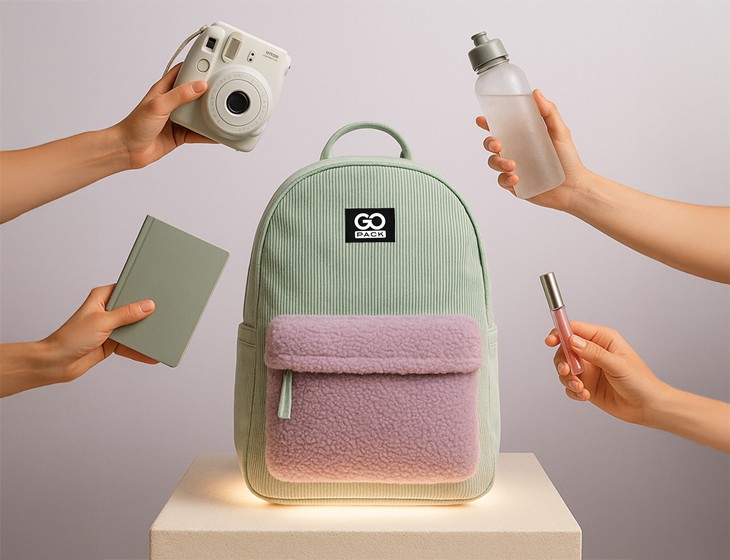
Online safety: How to protect yourself and your information
The internet is not only a place to make new friends and exchange interesting ideas, but also a place where you can encounter dangers. Here are a few rules to help you stay safe online.
1. Avoid Russian apps and hostile platforms
Remember, the information war continues, so it is very important to use only verified, secure applications. Russian apps can be dangerous because they collect user data and may transfer it to third parties, as well as contain hostile elements that can affect your security. Therefore, choose services that have a good reputation and do not belong to hostile countries.
2. Do not share important personal information
Never share excessive personal information online. This includes not only your name and place of study, but also data such as:
- Phone number, home address.
- Place of work or school.
- Information about your parents.
This data can be used for fraud or to keep you under control.
3. Photos of the area and school: No!
One of the biggest risks is posting photos of the area, especially if it is your school or place of residence. Photos of the schoolyard, classroom, or even just your house can help attackers determine your location. Avoid posting photos where your personal locations can be clearly identified.
- What you can do: Use general photos or those that do not show specific locations. This way, you can stay safe.
4. Cybersecurity is not for the faint-hearted
A website or app may look completely safe, but it may hide threats. Malware, viruses and phishing links can steal your data or even infect your device.
- Do not click on suspicious links, even if they come from people you know. It is better to ask if the link is genuine.
- Do not open files from strangers, even if they look interesting or important.
- Check the security settings on all your accounts and apps.
5. Scams and traps
Scammers are very good at disguising themselves as real people or companies. They may offer you ‘incredibly interesting’ deals, such as discounts, prizes or quick money. However, these are all just traps to deceive you or extract money from you.
- Be careful with offers that seem too good to be true. The more they look like a chance to change your life in ‘5 minutes,’ the more likely it is that it's a scam.
- Always check the source: if you are asked to enter payment information or personal data, it is better to be cautious.
Any information you share online can have consequences. There is no longer such a thing as a safe ‘inconspicuous’ action — your activity always leaves a trace. Therefore, it is important not only to be careful with what you post, but also to understand who is on the other side of the screen. Knowing how to use the internet safely is your main task for today.
Stay alert, use reliable platforms, and remember that safety is always the most important thing!
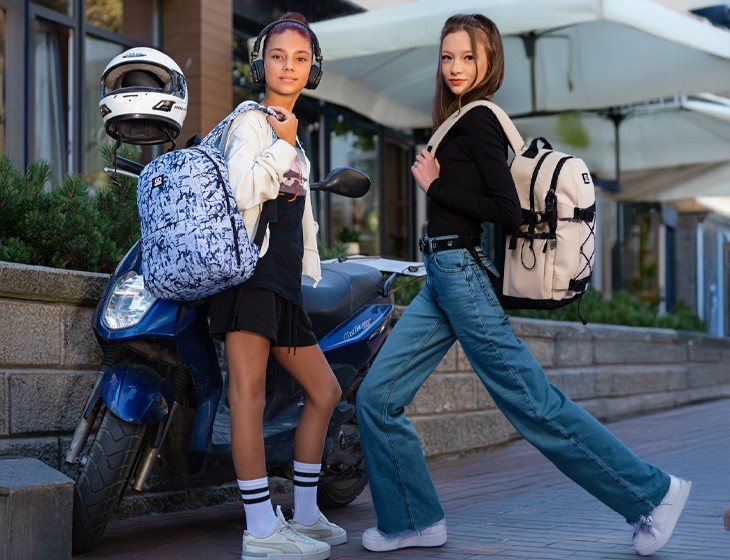
Not just online: the importance of real-life meetings and activities
The virtual world is cool, but it cannot replace real communication. It is important to develop social skills not only in chat rooms, but also in real life. Various clubs, sports sections, and creative studios can be very helpful here — places where you can not only find new friends, but also truly develop yourself.
1. Clubs and sections — for health and friendship
To find friends who share your interests, you don't have to sit only on the internet. Sign up for a sports club, yoga, dance or art studio! This is a great opportunity to communicate with people who have similar hobbies. And it's also good for your body and health.
- Why is this important? In real life, you learn to interact, develop team spirit and can get support not only virtually, but also in reality.
2. Creativity and development
Attending creative studios or courses (drawing, music, theatre) not only opens up new horizons for self-expression, but also gives you the chance to meet like-minded people. In such places, real friendships often develop, and there are many chances to find people with whom it is easy to move on to a ‘real’ level of communication.
- Advantage: Performances, exhibitions or joint projects are an opportunity to grow together, support each other and work on something big.
3. Real-world encounters: the importance of offline friendships
Meeting people in person is just as important as online interactions. The real world offers more opportunities for deeper emotional connections, and sometimes it is here that the best and most reliable friendships are formed.
- What does real communication give you? It is important to learn to read non-verbal signals: facial expressions, gestures, emotions — all of this helps you to better understand others and establish genuine connections.

What about a backpack?
After all, friendship is a little adventure. And even if it started online or in real life, there is a chance to meet in person. And it's worth coming to such meetings prepared. For example, with a GoPack backpack: stylish, lightweight, and with not only pockets for gadgets inside, but also space for your personal stories. Friendships that you can find in offline activities are a valuable experience that cannot be replaced. So don't just chase likes, but sometimes leave the house, join clubs and sports sections, and remember — the best moments often happen off-screen!

 UA
UA RU
RU